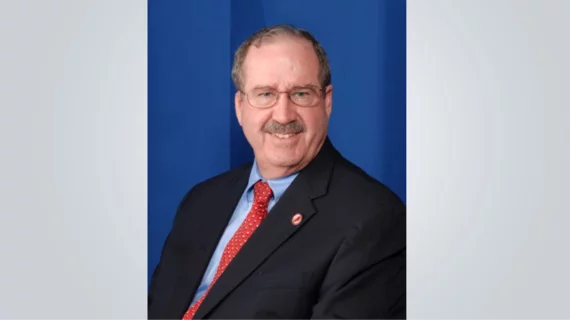Accomplished interventional cardiologist, advocate Joseph Babb dies
Joseph D. Babb, MD—who performed the first coronary angioplasty in the state of Connecticut and was a past president of the Society for Cardiovascular Angiography and Interventions (SCAI)—has died, SCAI announced Thursday, Sept. 6. He was 79.
“Joe Babb was literally the best of the best. The best doctor and the best patient advocate I've ever known,” Norm Linsky, SCAI’s executive director from 2001 to 2015, said in the announcement.
"He represented SCAI on the advocacy front for many years and truly understood the intricacies of healthcare policy. When he spoke, he commanded the respect of everyone in the room. He knew that he was not advocating for doctors, rather for patient care, patients’ access to care, and a physician’s ability to do what is right for their patients.”
Babb graduated from Johns Hopkins University of School of Medicine in 1966 before completing an internship and residency at Massachusetts General Hospital/Harvard Medical School. He later served in Vietnam as part of the U.S. Army Medical Corps.
After a course in Zurich with coronary angioplasty pioneer Andreas Gruentzig, Babb returned to the U.S. and performed the first such procedure at Hershey Medical Center (Pennsylvania) in 1981. He also performed the first angioplasty in Connecticut after being named the chief of cardiology at Bridgeport Hospital.
Babb moved on to the East Carolina University School of Medicine in 1995, where he held various leadership positions. He was SCAI president in 2001-2002 and also spent time spearheading the society’s Ethics Committee, its Continuing Medical Education Committee and its Advocacy Committee.
Earlier this year, he was named the “Patient Preferred Interventional Cardiologist” in North Carolina.
“No one who ever met Joe failed to come away without knowing his warmth and genuine interest,” said David A. Cox, MD.

